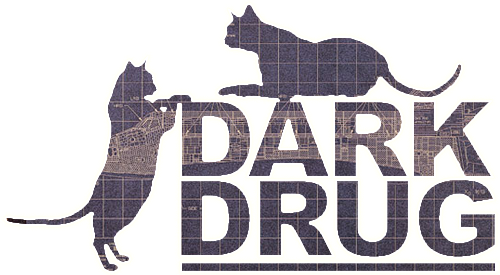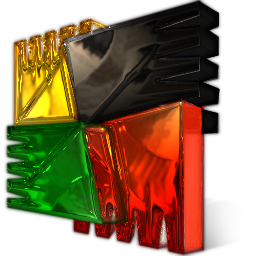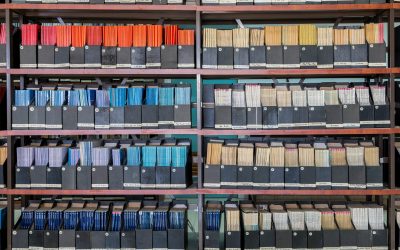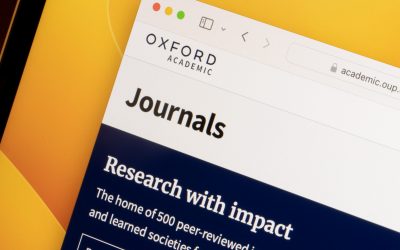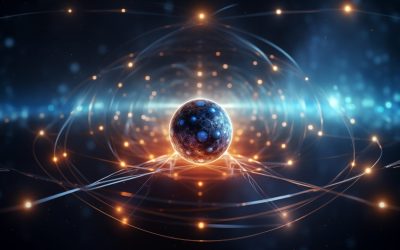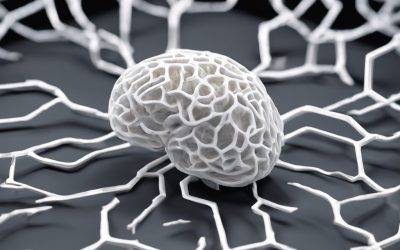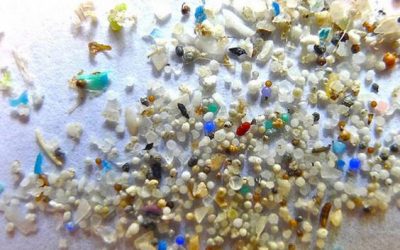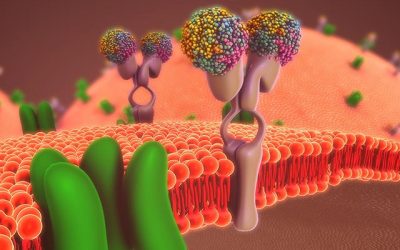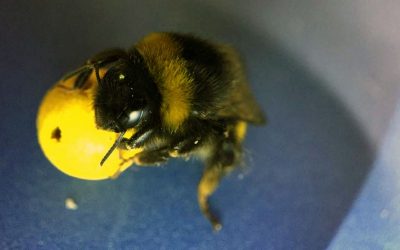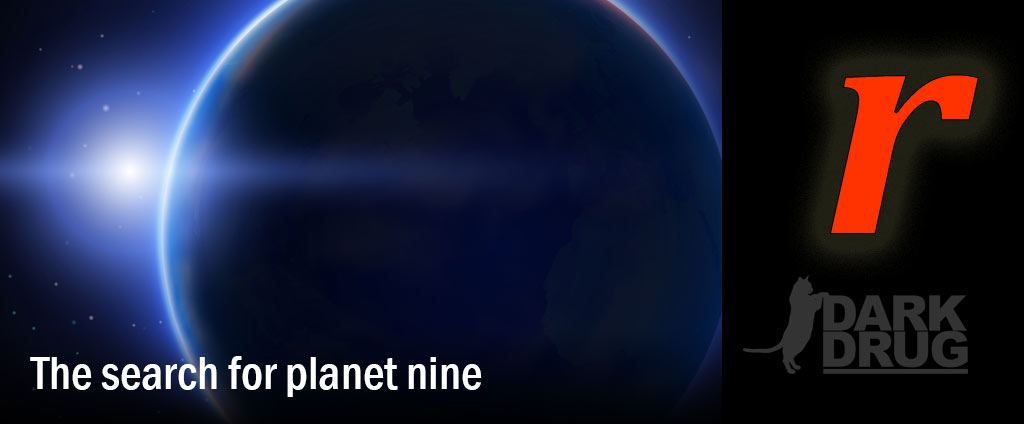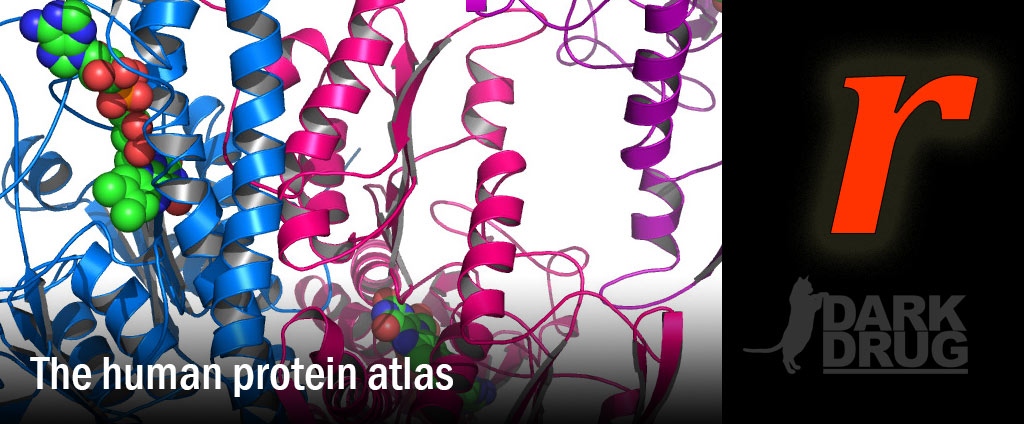AI | Hallucinations and Illusions of AI in Science
A new perspective paper published in Nature warns that an overreliance on AI comes with epistemic risks that could undermine the very goals of increased productivity and objectivity that AI promises. See the April DarkDrug Editorial based on this paper
AI | Can AI Assist in Peer Review?
The constant growth in research output has placed tremendous strain on this system as the number of papers requiring expert evaluation increases each year. Could artificial intelligence (AI) offer a solution by assisting reviewers or automating certain tasks?
AI | Will AI Diminish the Rigor of Peer Review?
As the use of AI by researchers to aid them write abstracts and journal submissions grows, this research looks at the use of AI in reviewing them
Imaging Atoms in Quantum Wave Motion
Erwin Schrödinger’s 1920 equation that predicts how particles-turned-waves should behave. is now being recreated in laboratories by researchers
Ocean Productivity Declines as Marine Heatwaves Intensify
Marine primary productivity is pivotal for transferring carbon dioxide from the atmosphere into the ocean. This study shows a 65% decline in net primary production in the surveyed area.
Towards Printing the Brain
A 3D-printed ‘brain phantom’ has been developed, which is modeled on the structure of brain fibers and can be imaged using a special variant of magnetic resonance imaging (dMRI).
ACTIVITY | The Lyrid Meteor Shower: An April Sky Spectacle
Witness the Oldest Recorded Meteor Shower
Deceit and theft in micro-plastic research?
The study probably helped propagate some of the Facebook sharing of articles that described the damage plastic microparticles did to fish but after a report from a Swedish ethics committee the authors Peter Eklöv and Oona Lönnstedt are retracting their controversial...
The long road of signalling research
Main stream media heralds each new discovery of a signalling molecule as a breakthrough, the reality is that it's a long road to truly elucidating how each discovery fits within their environment.The Ser and Thr kinase AKT, also known as protein kinase B (PKB), was...
The new premier league players
“The bees solved the task in a different way than what was demonstrated, suggesting that observer bees did not simply copy what they saw, but improved on it,” Dr Olli J. Loukola Queen Mary, University of London's School of Biological and Chemical Sciences (QMUL) Back...
Science Places To Go
[spacerpanel id=”2″]More in Science[/spacerpanel]
- New circuit boards can be repeatedly recycledon April, 2024 at 8:51 pm
Researchers have developed a new PCB that performs on par with traditional materials and can be recycled repeatedly with negligible material loss. Researchers used a solvent that transforms a type of vitrimer -- a cutting-edge class of polymer -- into a jelly-like substance without damage, allowing […]
- Using stem cell-derived heart muscle cells to...on April, 2024 at 3:00 pm
Regenerative heart therapies involve transplanting cardiac muscle cells into damaged areas of the heart to recover lost function. However, the risk of arrhythmias following this procedure is reportedly high. In a recent study, researchers tested a novel approach that involves injecting 'cardiac […]
- Researchers advance detection of gravitational...on April, 2024 at 3:00 pm
Researchers co-led a study that will improve the detection of gravitational waves--ripples in space and time.
- Climate change could become the main driver of...on April, 2024 at 8:15 pm
Global biodiversity has declined between 2% and 11% during the 20th century due to land-use change alone, according to a large multi-model study. Projections show climate change could become the main driver of biodiversity decline by the mid-21st century.
- Food in sight? The liver is ready!on April, 2024 at 8:15 pm
What happens in the body when we are hungry and see and smell food? A team of researchers has now been able to show in mice that adaptations in the liver mitochondria take place after only a few minutes. Stimulated by the activation of a group of nerve cells in the brain, the mitochondria of the […]
- With hybrid brains, these mice smell like a raton April, 2024 at 5:15 pm
Mice lacking an olfactory system have had their sense of smell restored with neurons from rats, the first time scientists have successfully integrated the sensory apparatus of one species into another.

